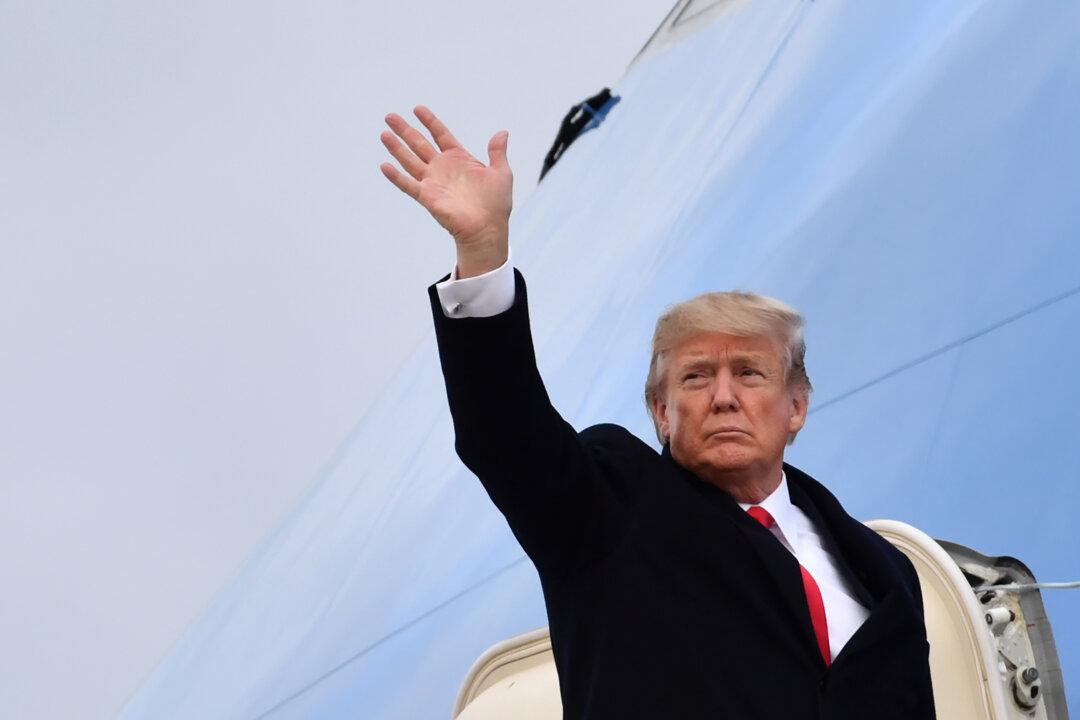President Donald Trump on March 16 signed into law a widely-watched piece of legislation that encourages more high-level official exchanges between United States and Taiwan. Supported unanimously by the U.S. Congress, the bill is thought to be symbolic in legal terms, but observers say it sends out a strong public message that the U.S. decision makers are in union in supporting Taiwan despite Beijing’s opposition.
The bill, titled “Taiwan Travel Act”, was introduced in 2017 and co-sponsored by large number of members of Congress in both the House and the Senate who are supportive of the small island nation. It cleared the House in January of this year without opposition. On Feb. 28 it also passed the Senate by unanimous consent, without a single senator voting against it. From there it was presented to the president’s desk on March 5, awaiting Trump’s signature.




